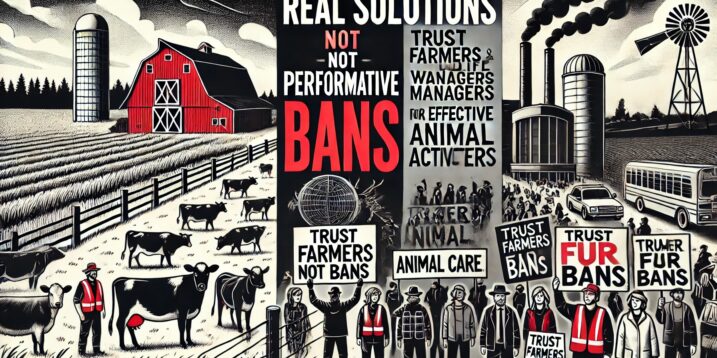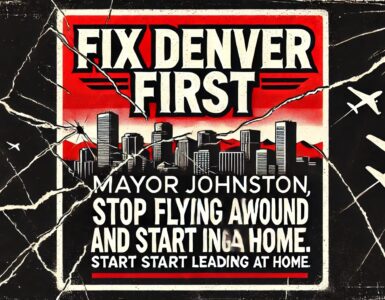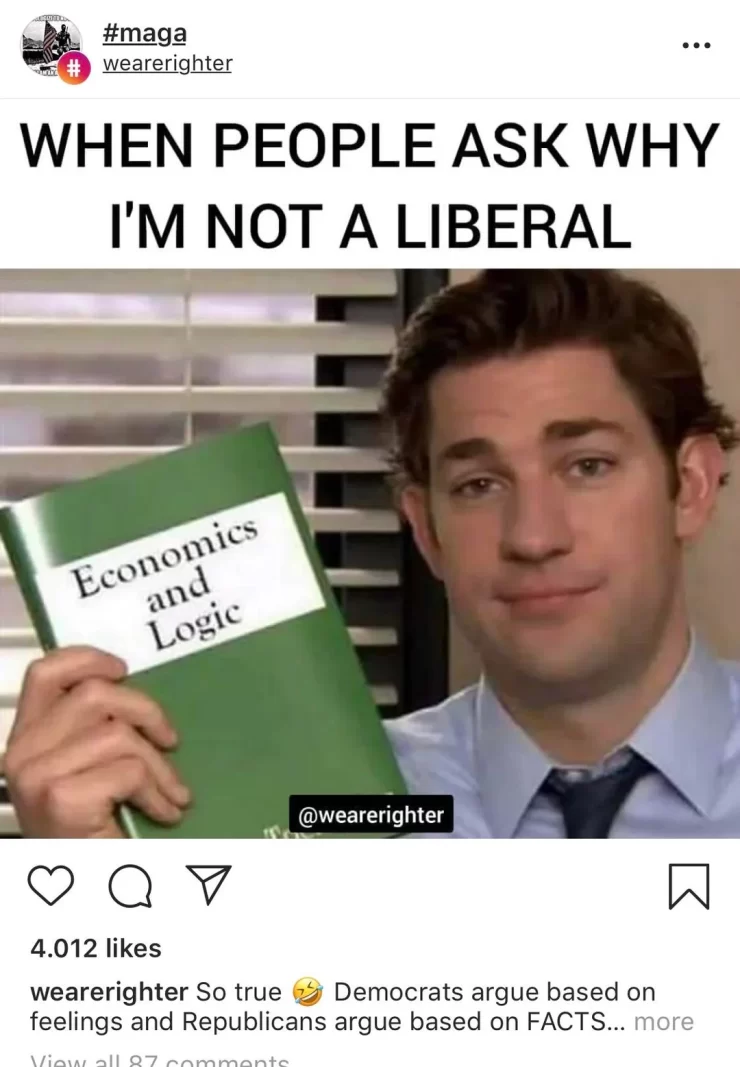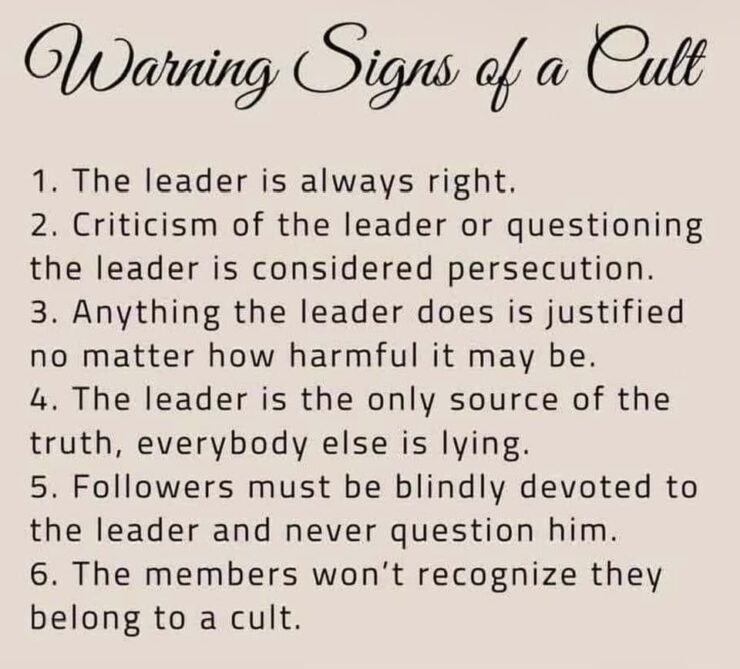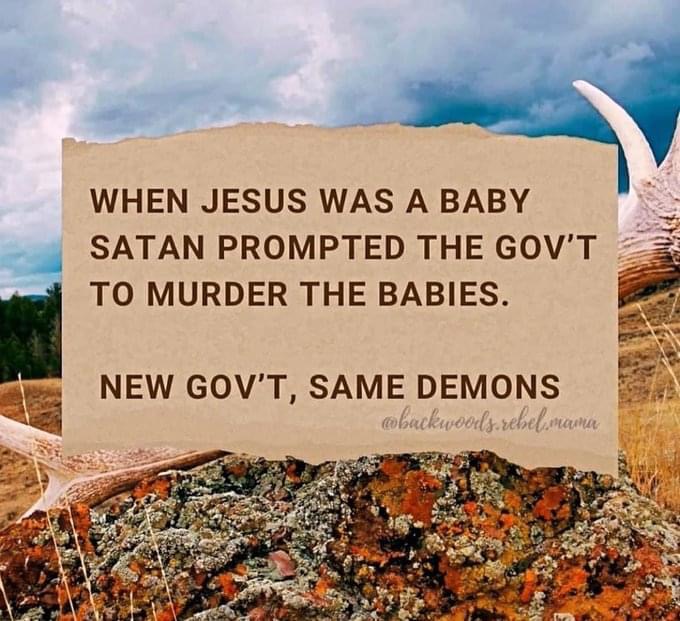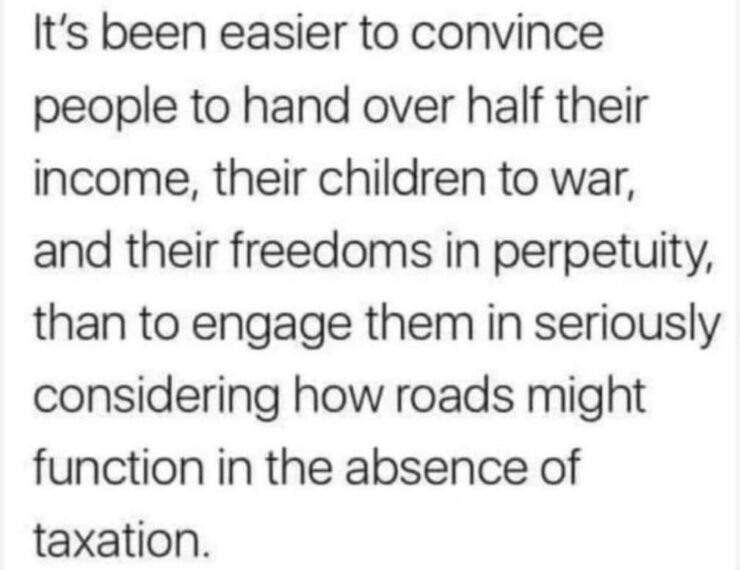Ari Armstrong’s op-ed for Complete Colorado nails it: animal welfare policy in Colorado is being hijacked by city-dwelling idealists who wouldn’t know a cow from a coffee grinder. These Boulder-types, nestled comfortably at Starbucks, are pushing bans on everything from fur sales to mountain lion hunting—because they think animals are just cuddly pets. Meanwhile, farmers, ranchers, and wildlife experts—the people who actually work with animals—are left cleaning up the mess.
Here’s the thing: no one wants cruelty, but ranchers and conservationists know how to manage animals responsibly. These folks are out in the field making real decisions about population control, animal health, and sustainable practices—not launching PR campaigns from their beanbag chairs. But instead of respecting that expertise, the activists propose ridiculous, out-of-touch laws that don’t solve real problems—they just jack up costs and demonize rural communities.
Take Denver’s proposed slaughterhouse ban. The people behind it seem more interested in virtue-signaling than practical solutions. If there’s animal abuse happening, the answer isn’t banning slaughterhouses—it’s enforcing the laws already on the books. But no, banning one plant somehow became their “climate crisis” solution. Yeah, because shutting down a lamb processing plant will totally save the polar bears.
And don’t get me started on the cage-free egg mandates. Sure, they sound nice—but they drive up costs, pricing regular people out of basic groceries. What’s the plan—force everyone to buy tofu and call it a day? These activists treat working-class families like collateral damage in their holy war against agriculture, never thinking about the real-world tradeoffs that come with these changes.
The message is simple: trust the people who work with animals every damn day, not the self-righteous crowd pretending their policies are saving the world. It’s easy to pass sweeping bans when you’ve never had to manage a herd or trap a predator threatening your livestock. The only thing these urban activists are good at managing is their soy milk supply.
If we want animal welfare policies that work, we need less government interference and more faith in those on the ground—farmers, hunters, and wildlife experts. They don’t need lectures from people who’ve never touched a hay bale or hauled water for cattle. Sensibility, not slogans, is the way forward.


